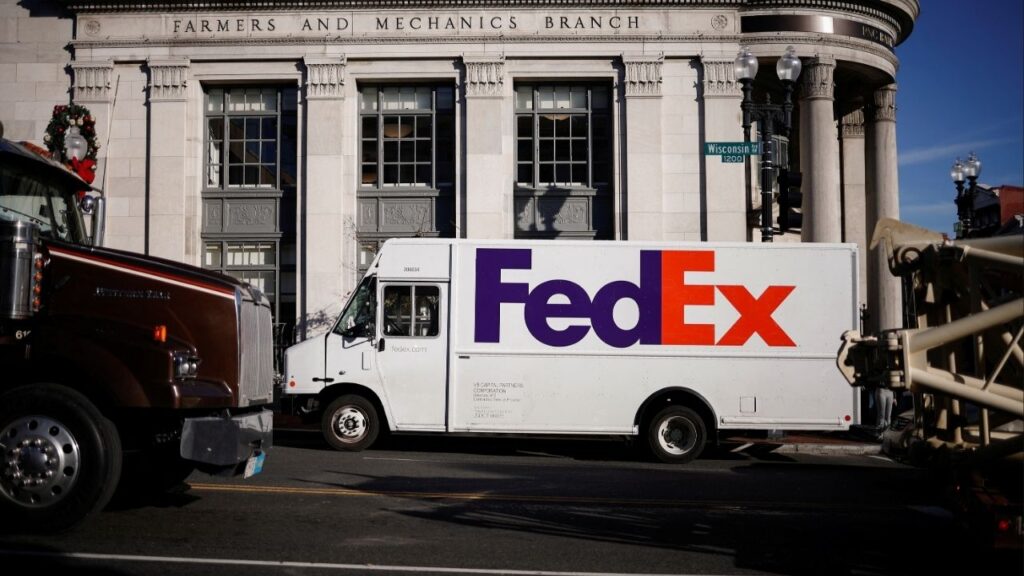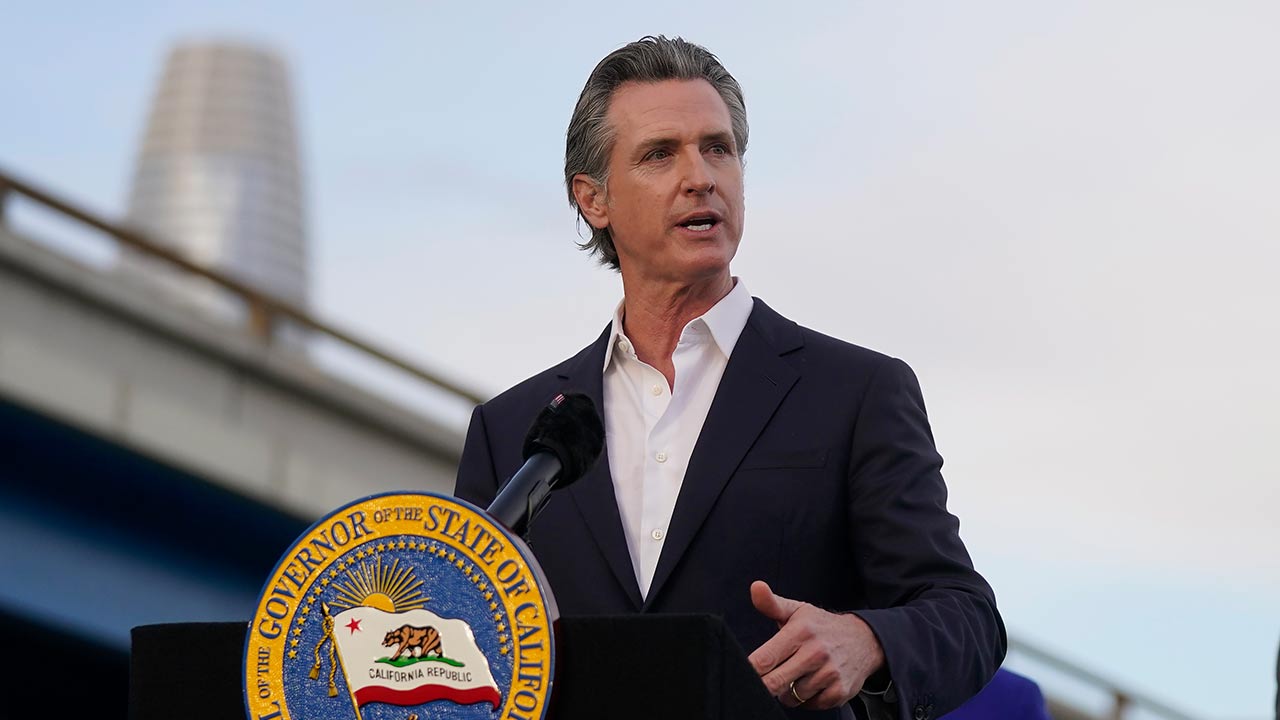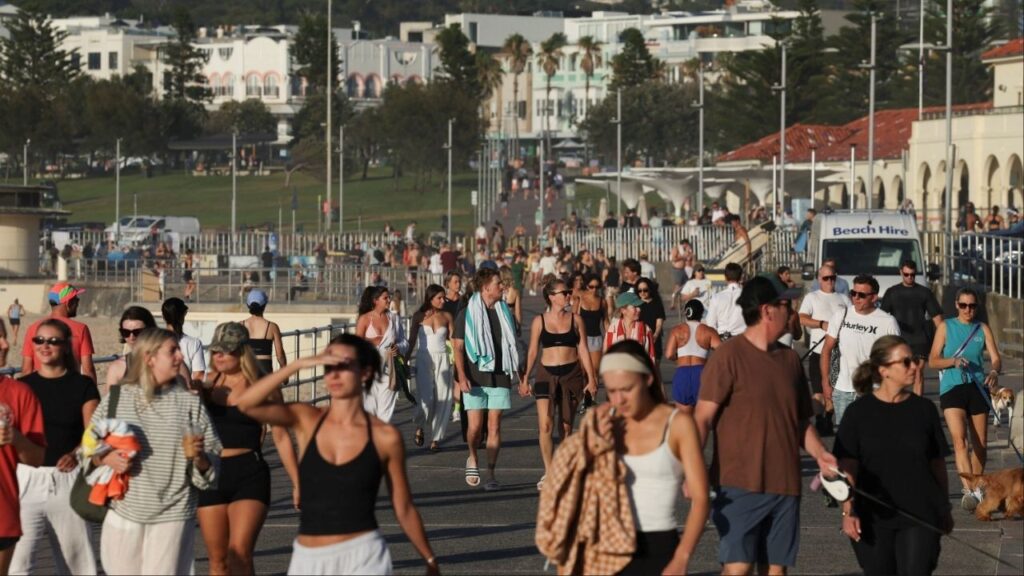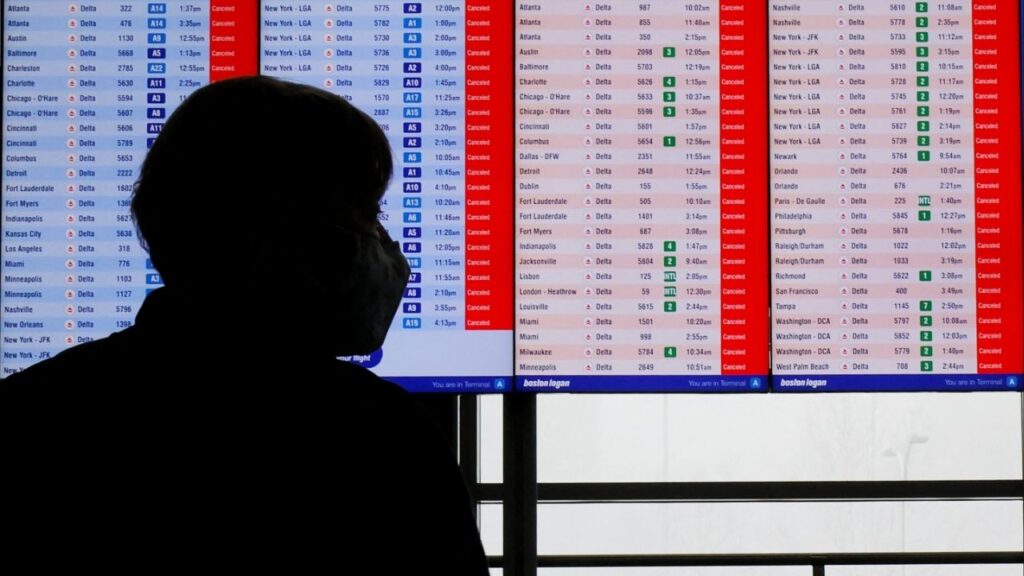The California Supreme Court is set to decide on a measure that could make it harder for the state and local governments to raise taxes, causing a debate between government officials and business groups. (AP File)

- The measure requires all new and higher taxes to be approved by voters.
- Governor Gavin Newsom opposes the measure, while business groups support it.
- Supporters argue the measure is necessary due to California's high taxes and cost of living.
Share
|
Getting your Trinity Audio player ready...
|
SAN FRANCISCO — The California Supreme Court is expected to hear arguments Wednesday about whether to remove a measure from the November ballot that would make it harder for the state and local governments to raise taxes.
The measure would require all new and higher taxes to be approved by voters. Right now, the Legislature can raise taxes with a two-thirds vote in both the Senate and Assembly. The initiative would require statewide voters to weigh in after legislative approval, with the new tax taking effect only if a majority approve it.
The measure would also change how communities can raise taxes through citizen initiatives. Right now, a local initiative for a special tax increase requires a simple majority vote. The ballot measure would change that to a two-thirds majority.
Opposition to the Measure
The court battle is pitting Democratic Gov. Gavin Newsom, who wants it off the ballot, against business groups and taxpayer advocates, who say it’s time to rein in government spending. The fight comes as Newsom faces persistent criticism that California has become too expensive for many of its 39 million residents.
Related Story: Did California’s Massive COVID Homeless Shelter Program Work? A New ...
Support for the Measure
But supporters of the measure say Californians face some of the highest taxes and one of the highest costs of living in the country and that the changes are needed.
“The whole issue here is that they are scared to death of the people of California being empowered to vote on state and local taxes,” said Rob Lapsley, president of the California Business Roundtable, an advocacy group that represents large companies and is a lead proponent of the initiative.
The California Supreme Court is expected to decide before June 27 — the deadline for the Secretary of State to certify California’s general election ballot — whether the measure would revise the state constitution and impair essential government functions.
The measure, which collected 1.4 million signatures to qualify for the ballot, would also reclassify many government fees as taxes and apply retroactively to any tax increase approved after Jan. 1, 2022.
Related Story: After Losing Population in Recent Years, California Grows Again. Is That a Good ...
Impact on Local Governments
Carolyn Coleman, CEO of the League of California Cities, which is part of a coalition opposing the measure, along with firefighters and teachers unions, called the measure “deceptive” and “an existential threat” to local governments.
Coleman said that over 100 local measures currently funding about $2 billion each year in municipal revenue could be gone if the measure is approved and the taxes are not reapproved by voters under the new rules.
“We’re raising the resources to fill potholes, so that we can support affordable housing in our community, so we can work to address homelessness, so that when you dial 911 there’s somebody there to answer the phone — not in two minutes — but in 30 seconds,” she added. “So, this really goes against the essential nature of how local government raises the revenues to provide services that everyone wants in their communities.”
Brooke Armour, executive vice president of the California Business Roundtable, said that assertions that the measure would cause chaos in local governments are wrong because the measure would only impact tax increases proposed through citizen initiatives. About three dozen local initiatives would be affected by the changes, not over 100, she said.
“We only revert back to two-thirds (approval) for citizen initiatives that are special taxes,” she said.
Armour said special taxes put on the ballot by local elected officials, like a city council, already require a two-thirds vote for approval. All measures raising general taxes would still be approved with a majority vote, she said.
One example of a community that could be affected if the measure is approved is San Andreas, a town of about 2,500 people and the county seat of Calaveras County. In March, 55% of county voters approved a citizen initiative to impose a 1% sales tax so the county’s 10 fire districts could have funds to retain or hire firefighters.
The San Andreas Fire Protection District relies on volunteer firefighters who get a stipend of $120 to $200 per 24-hour shift. The district keeps losing its firefighters to better-paying jobs, said Dana Nichols, chair of the San Andreas Fire Protection District.
Nichols said the tax amounts to about $60 per taxpayer per year.
“Not paying the firefighters is not going to bring down the cost of eggs or gasoline or anything,” Nichols said.
RELATED TOPICS:
Categories



















